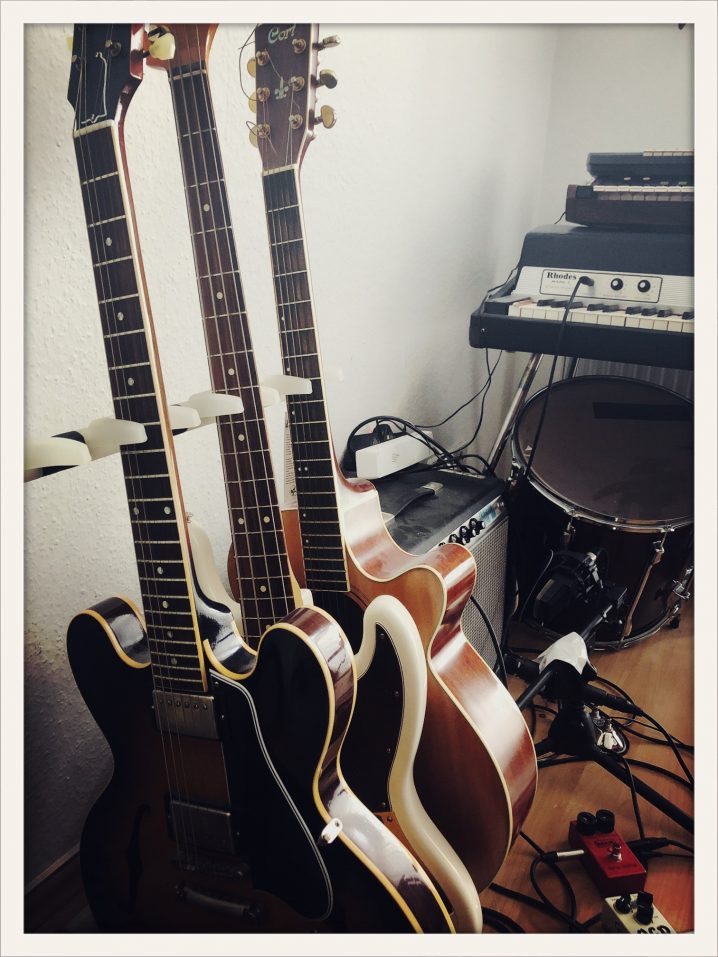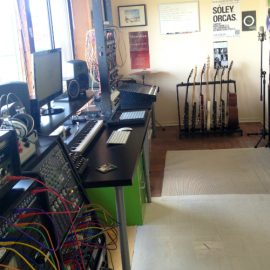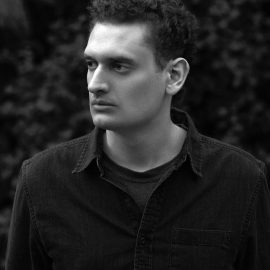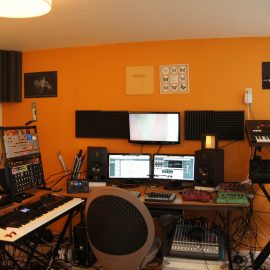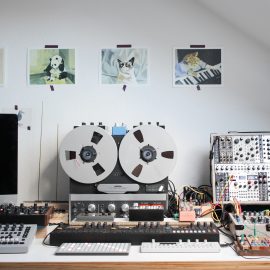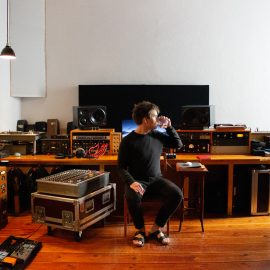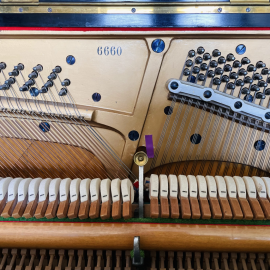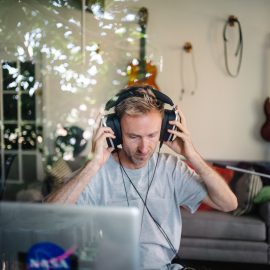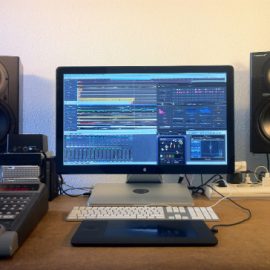Let’s start at the very beginning. Can you tell us how you got involved in composing, and what was your very first piece of gear?
Thank you for being so interested in my way of production, so I finally have the chance to tell the world that I am really not a big fan of ‘gear talk‘! Even though I like to use the fine gear and nice instruments, because it makes the process between an idea until the result easier, I always hated the discussion about it. I remember in high school it was usually the drummers who were more interested in the latest drum gear magazine, than in writing a nice tune together, or just serving the band with a steady groove.
In the modern classical and electronic world, I see similar tendencies to talk about gear. Some artists explain their setups even before you can hear a single note from them. I always think good music, doesn’t need a technical explanation. I always felt that the talk about gear was a way to hide behind it instead of focusing on actually making good music. A good song, a good idea, a nice way to play your instrument or a nice way how to make it sound special: To me these values have always been the key for making music, not the gear I could afford at that moment. So generally discussions about vintage analog gear usually make me sleepy. Still like working with it.
Production has always been a way to fight against the frustration I had when I worked with other musicians. In my teenage years, I wanted to be a rap music producer. But all the MCs I knew where always too stoned to finish their lyrics. My first piece of gear was the Atari I used with Cubase and I connected an old Akai sampler to it. Later I got a digital Yamaha Mixing Desk, where I could record on special MiniDisks on 8 Tracks. Great times, no results! Later I played in unsuccessful bands with really bad musicians, who hardly knew how to tune their instruments. After the rehearsals, I went home and recorded very sad songs just by myself.
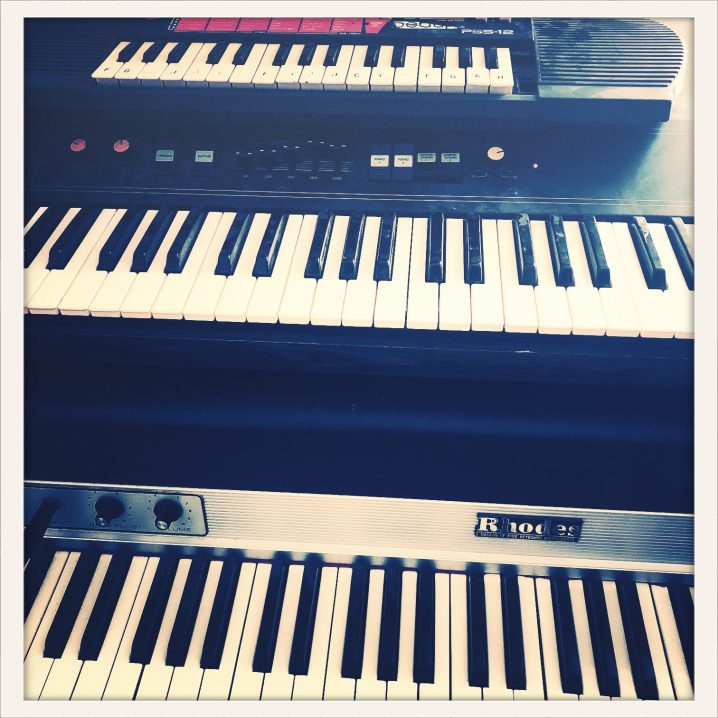
How many different studio iterations have you gone through, and what does your final setup look like right now?
1. No Money: Piano/ 2 Neumann KM 184, AKG c214, RME UFX – my first album was recorded like this and my good friend a gear nerd Stimming is still convinced that this is my best album (I disagree, but I like his opinion).
2. A little more Money: 2x 1176 + 1 x La2a / Neumann Preamps, Coles Ribbon Mic + v72 Preamp, a proper AKG c414, Patchbay.
3. Rediscovering my old Gear from the basement + a new Guitar: Rhodes + Roland JazzChorus 120, Roland SH 101, Yamaha CP10, cheap little Casio and Yamahas from the Fleamarket. And I bought a Gibson ES 335 with fender Amp
Tell us about your favourite piece of hardware.
My piano is the core of everything. I really like my Roland SH 101, there is something magical about it. Also, I have a romantic relationship with the sound of my Coles ribbon mic.
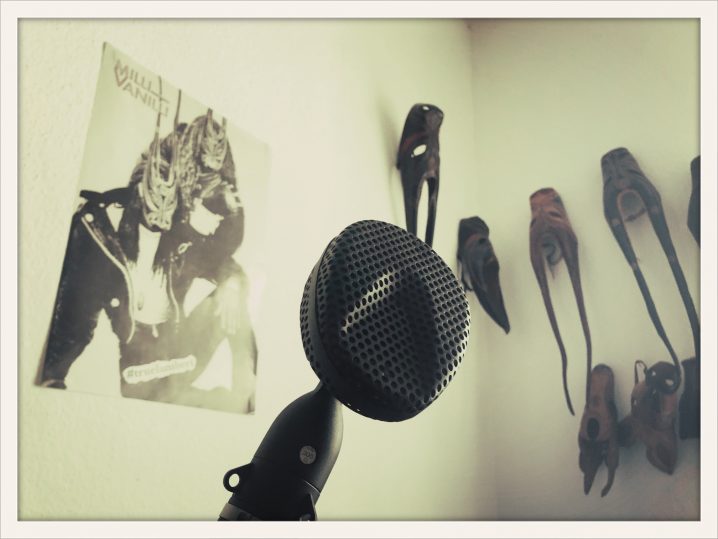
Is there a particular piece of gear that you’re just dying to get your hands on and do you think one day you’ll have it?
No, as I said. I never dream about these things, but when they are there and working fine for me, I appreciate them helping me…
Can you please share some aspects of sound design in your work?
The clearer you line out your musical vision in advance, the easier will it be to get to the result. When the idea is strong and the vision musically defined, I never have a problem, arranging, finding the right gear or mixing it.
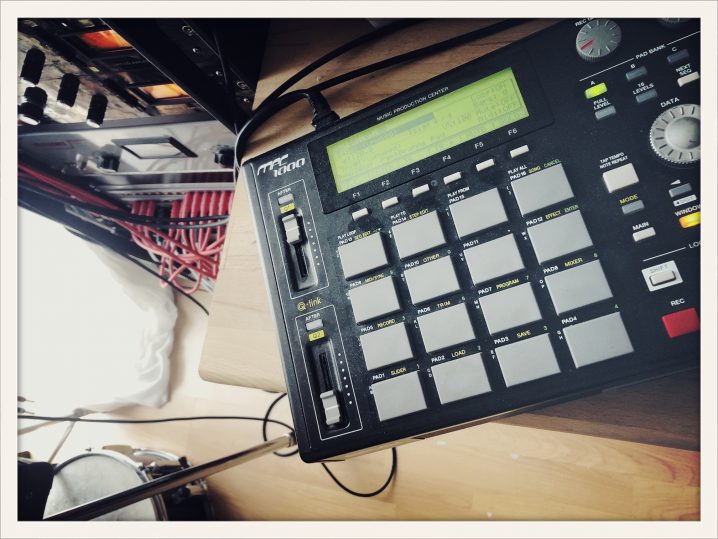
Any particular new techniques that you tried out for your new album?
I sometimes double my piano with modified samples of the same piano. For a while a used all kinds of samples from my piano on my MPC to get to new ideas. In the end, I usually admit to myself that I have better results If I write a good tune before I get carried away by technical possibilities…
What does your live setup look like, and what do you bring with you when you travel for an extensive tour?
I just play the piano, but I give out my Roland SH 101 to my drummer, so he can play both at the same time. Sometimes we play with a guitarist who owns a Gibson.
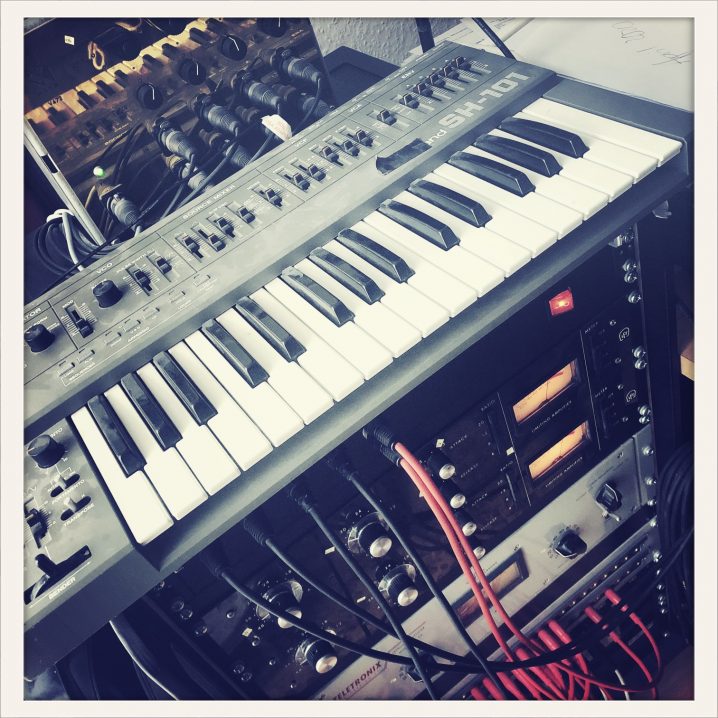
What is the most important environmental aspect of your current workspace and what would be a particular element that you would improve on?
There is a bar very close to my house. Shout out to ’Nathanja und Heinrich’. They sell good coffee in the afternoon and great beers and drinks in the night. I shot a video for ‘skye’ there once. I would love to go there more often, also in between productions. But at the moment they are closed due to the Coronavirus. I miss this bar so bad!
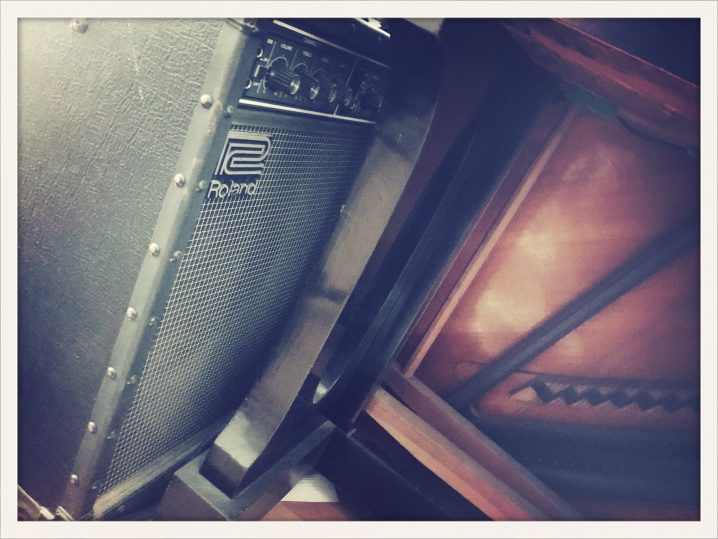
What can you tell us about your overall process of composition? How are the ideas born, where do they mature, and when do they finally see the light?
Playing and Improvising on my piano is still the key to all my work. When I finally grab an idea to make a tune out of it, I always need to be fast. I always think the initial energy of the idea needs to be captured so I shouldn’t lose too much time. For this, I love my set up. It allows me to be certain that the recording signals will never be an issue.
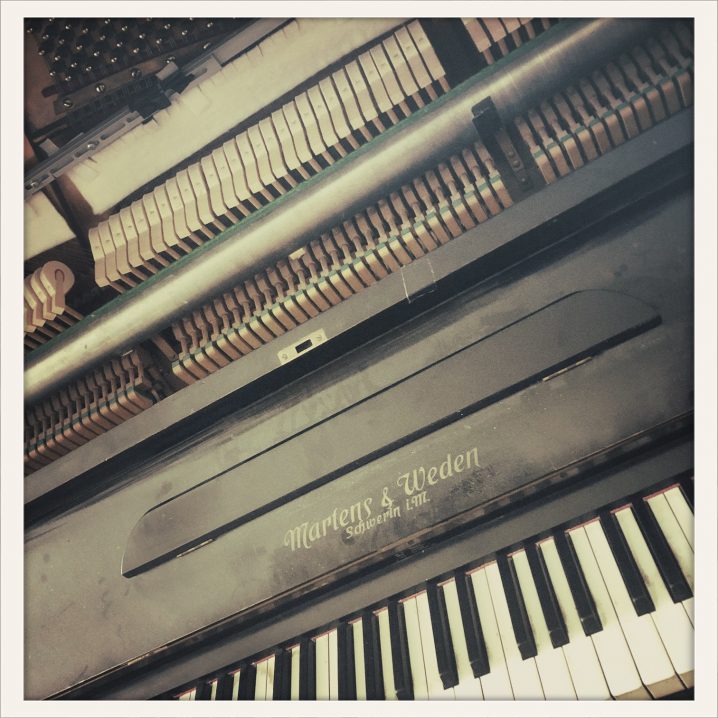
After the piece is complete, how do you audition the results? What are your reactions to hearing your music in a different context, setting, or a sound system?
I go running and check the mix. If I like it then, I send it to Mastering.
Do you ever procrastinate? If so, what do you usually find yourself doing during those times?
I wish I had time to procrastinate, my private life does not allow me to do so…
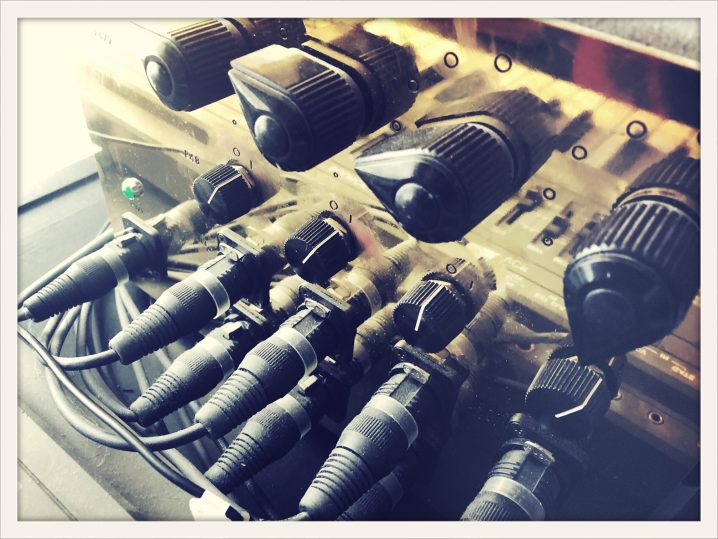
What gets you inspired?
In production, I love everything that Jon Brion does. I love his scores, album productions and also his own songs, the way he played his instruments, and his clear vision of style and sound.
And finally, what are your thoughts on the state of “electronic music” today?
Some stuff is really great, and some stuff really sucks!
